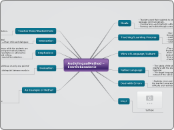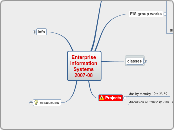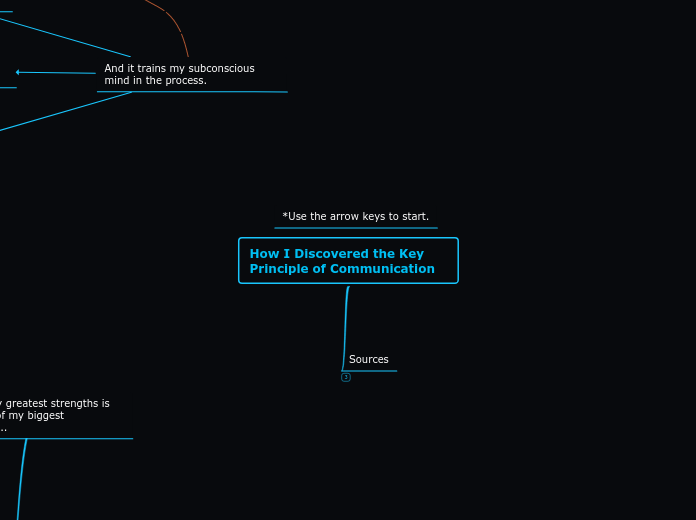realizată de eren özkaradeniz 11 ani în urmă
318
AudiolingualMethod – ErenÖzkaradeniz
In the Audiolingual Method, the teacher's role is akin to that of an orchestra leader, providing a model for students to imitate. This method emphasizes minimizing the influence of the students'









